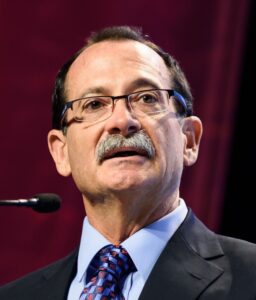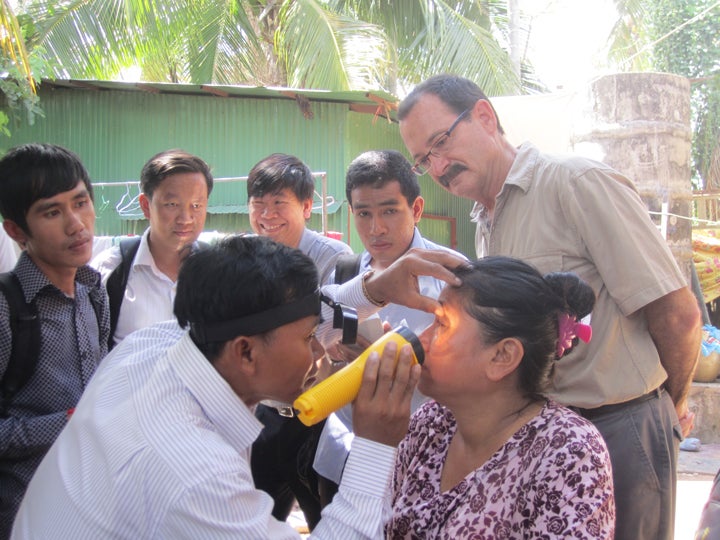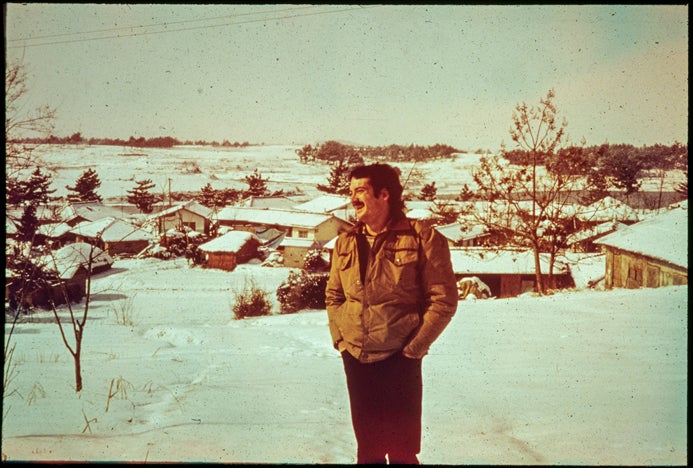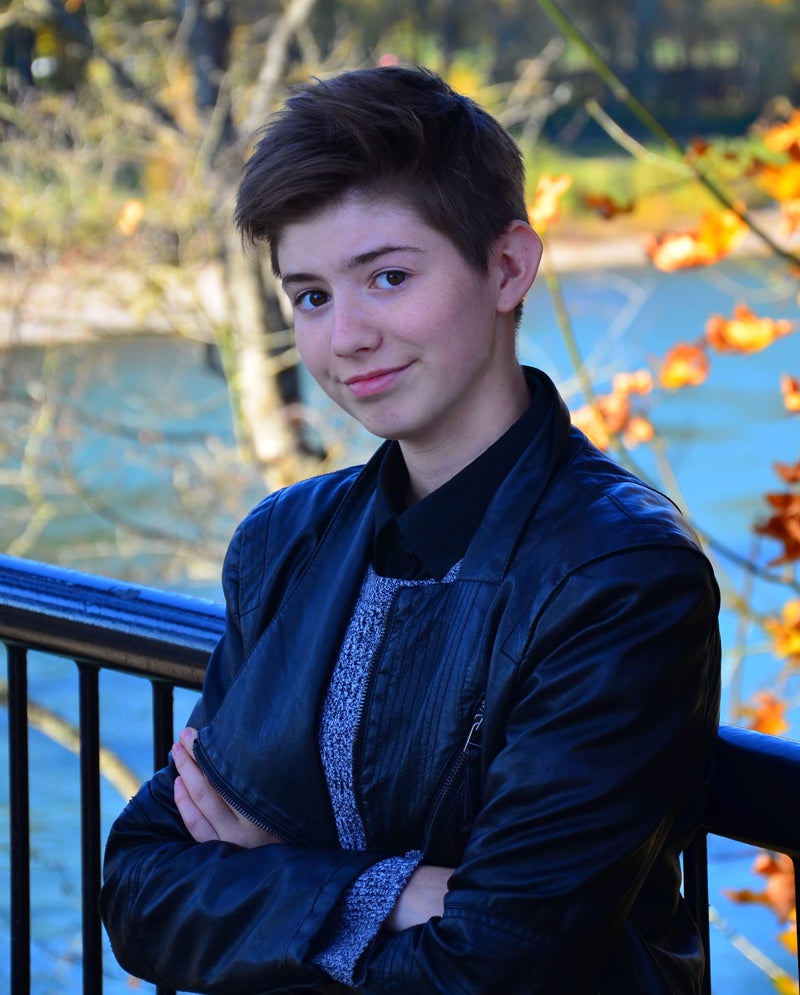Alum Paul Courtright’s Mission to Mitigate Eye Disease in Africa

Dr. Paul Courtright (’78) has a vision for sub-Saharan Africa — literally. Founder of the Kilimanjaro Centre for Community Ophthalmology (KCCO), Courtright has trained African physicians in clinical best practices and leadership for over two decades, helping professionals, practitioners and nurses establish effective and efficient care systems.
His passions for service and medicine come from his time at Boise State University.
“I think it’s the role of universities like Boise State to turn young people into activists,” Courtright said. “Change will not happen unless people go out and do something to make the world a better place.”Paul Courtright
When it comes to disease treatment in Africa, quality is key. Though 80% of blindness is avoidable, and there are few corners of the continent without healthcare providers, these providers often work in what Courtright calls “non-functional” systems, in which doctors and surgeons bear administrative responsibilities alongside their practice. Courtright noticed this is true for Africa’s ophthalmologists, who work in diagnosing and treating eye disease. Of the world’s blind population, 15.3% live in Africa, according to the World Health Organization.
This is where the KCCO comes in. Founded in 2001 in Moshi, Tanzania, and a member of the International Agency for the Prevention of Blindness, the KCCO has raised awareness of the treatment of preventable blindness across Africa, helping establish programs to eliminate diseases such as trachoma, a bacterial eye infection and the leading preventable cause of blindness. One of the KCCO’s students went on to help eliminate said disease from the Republic of Benin. Training doctors from Africa to Asia, in Cambodia, Laos and Vietnam, their mission is simple: to help doctors become more efficient in their practice.

“Our job is to build the capacity of Africans so that they can meet the needs of patients in their area,” Courtright said. “They need the clinical, management and leadership skills to be providing services and preventing blindness in their areas.”Paul Courtright
Instead of providing one-and-done care, the KCCO provides African ophthalmologists with the education, plans and strategies needed to improve the treatment of eye diseases within their systems. This sets a standard for generations of care, in their immediate service area and beyond.
Studying the distribution of diseases, Courtright’s contributions to epidemiology, both in the field and in print, are expansive. Included in over 250 scientific articles, his research has earned him awards like the International Blindness Prevention Award from the American Academy of Ophthalmology. He and his wife, Dr. Susan Lewallen, were the earliest to present findings on the disproportionate burden of blindness in women, comprising up to two-thirds of the world’s blind population. But Courtright’s career started small, in HoHaeWon, South Korea.

After graduating from Boise State with his Bachelor of Arts in Elementary Education, Courtright joined the Peace Corps. Living and working in HoHaeWon, a village for people with leprosy, he noticed many of his patients suffered from blindness and eye diseases. Interested in the diagnoses and treatments of these diseases, he returned to the United States to pursue his Master of Public Health and Doctorate of Public Health at John Hopkins University and the University of California, Berkeley, respectively. Courtright said his time at Boise State laid the groundwork for his successive degrees and career. A Boise State education pushed him to delve deeper into problems and their possible solutions with a mindset of curiosity.
In a lifetime of growing up overseas and establishing a career across sub-Saharan Africa, Courtright demonstrates the importance of creating an impact greater than its foundation, and it can be as simple as providing the right resources and the room to run with them.
“You think of graduate programs in places like John Hopkins or Cal Berkeley, and they’re very competitive, but Boise State gave me a great education,” Courtright said. “Such that I felt comfortable and challenged, and I was able to go on to do additional degrees with the background that I had from Boise State.”Paul Courtright
What are you up to? Tell us by submitting a Bronco Note!
About the Author: Lily Tindle-Hardy

Lily Tindle-Hardy is a student communications specialist/writer within University Advancement. Lily is a junior studying English, and she recently transferred to Boise State after earning an associate of arts from Chemeketa Community College in Salem, Ore. She assists the UA Comms team with writing projects, including donor stories, and capturing the student’s “voice” in impact features.